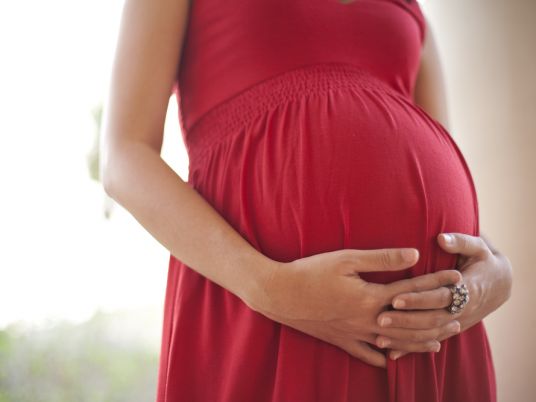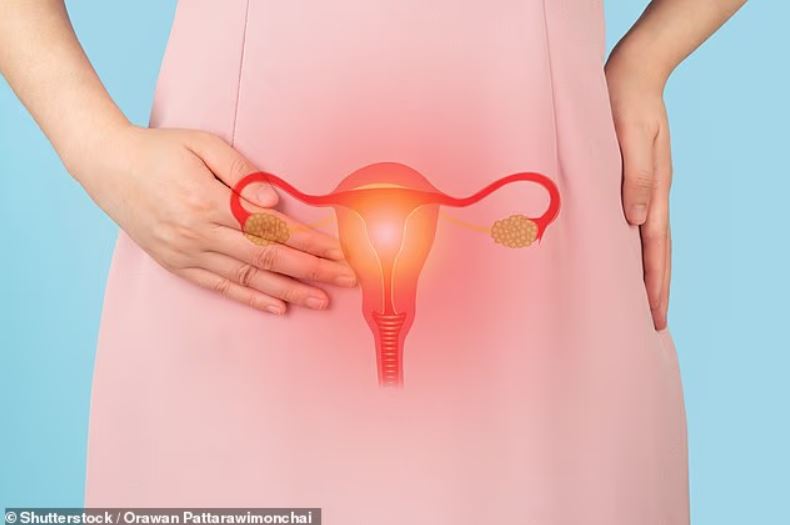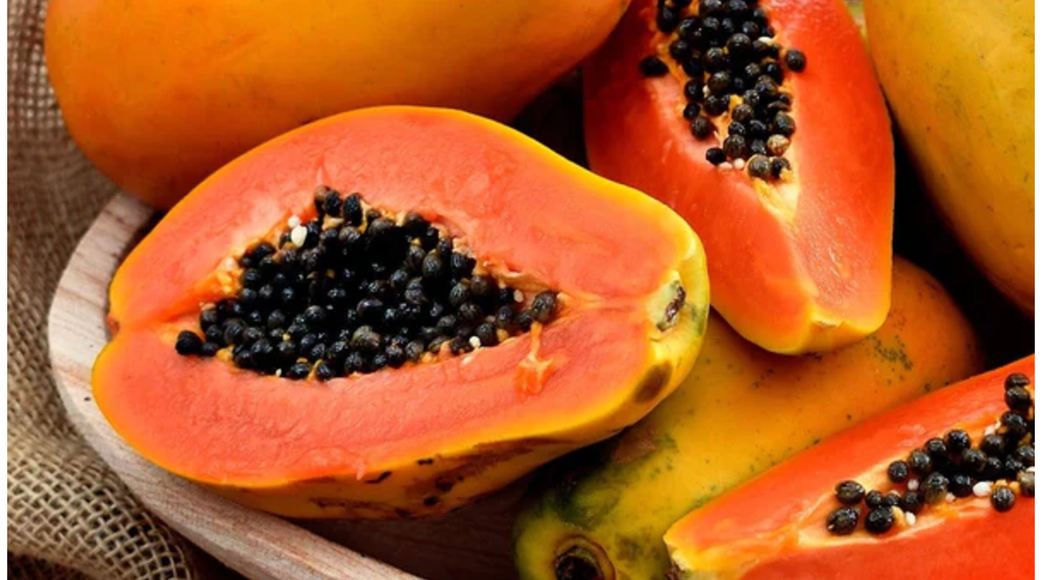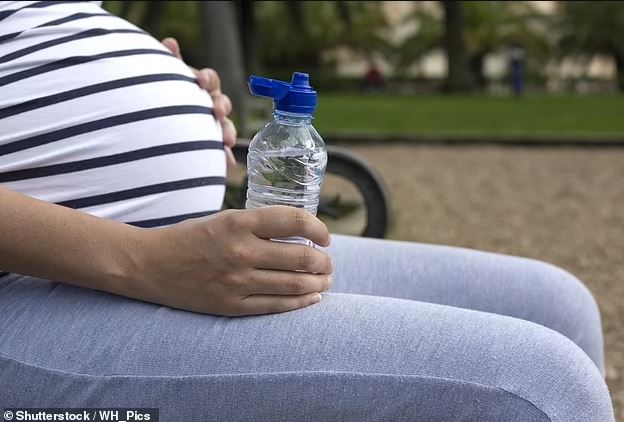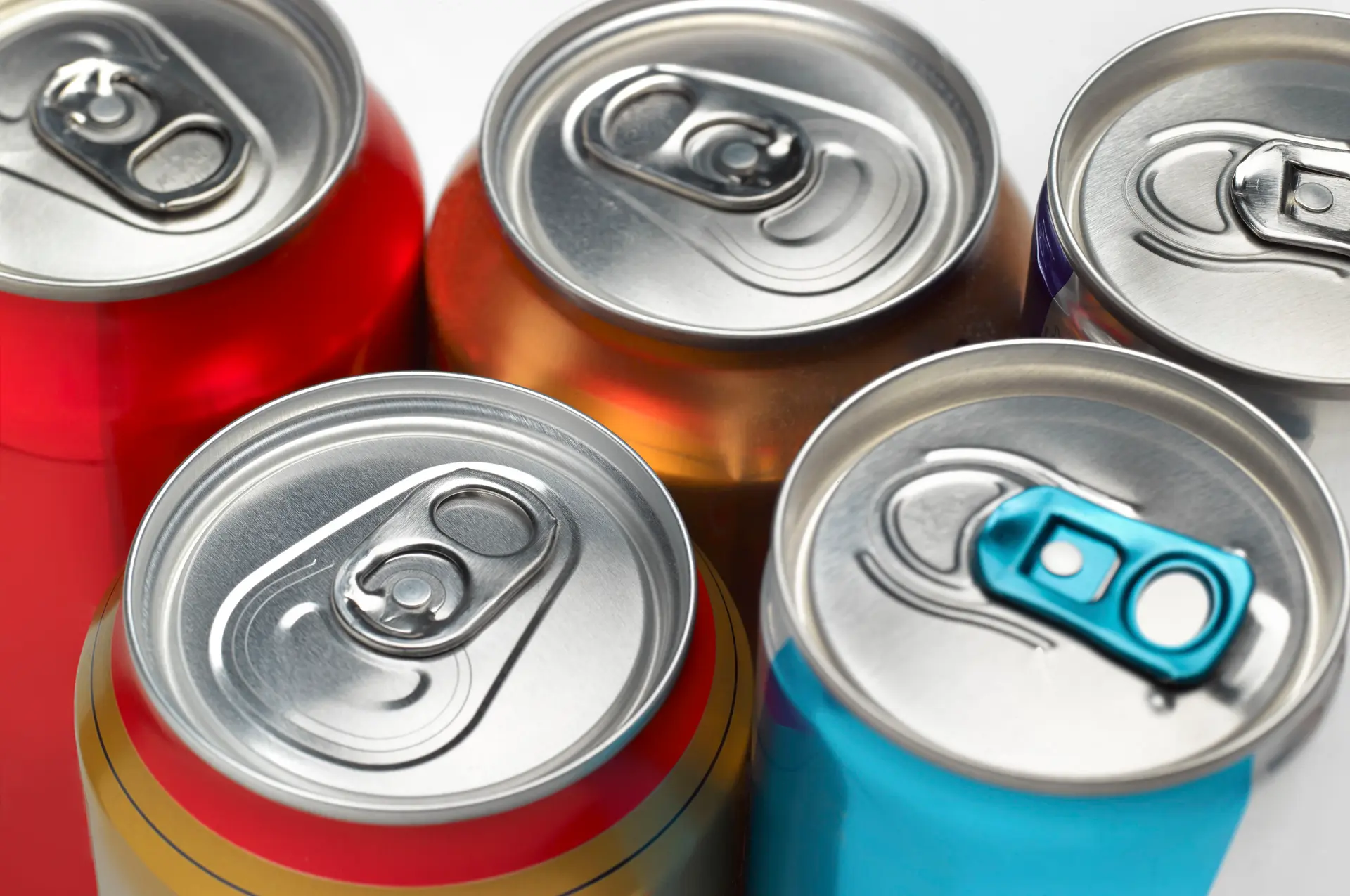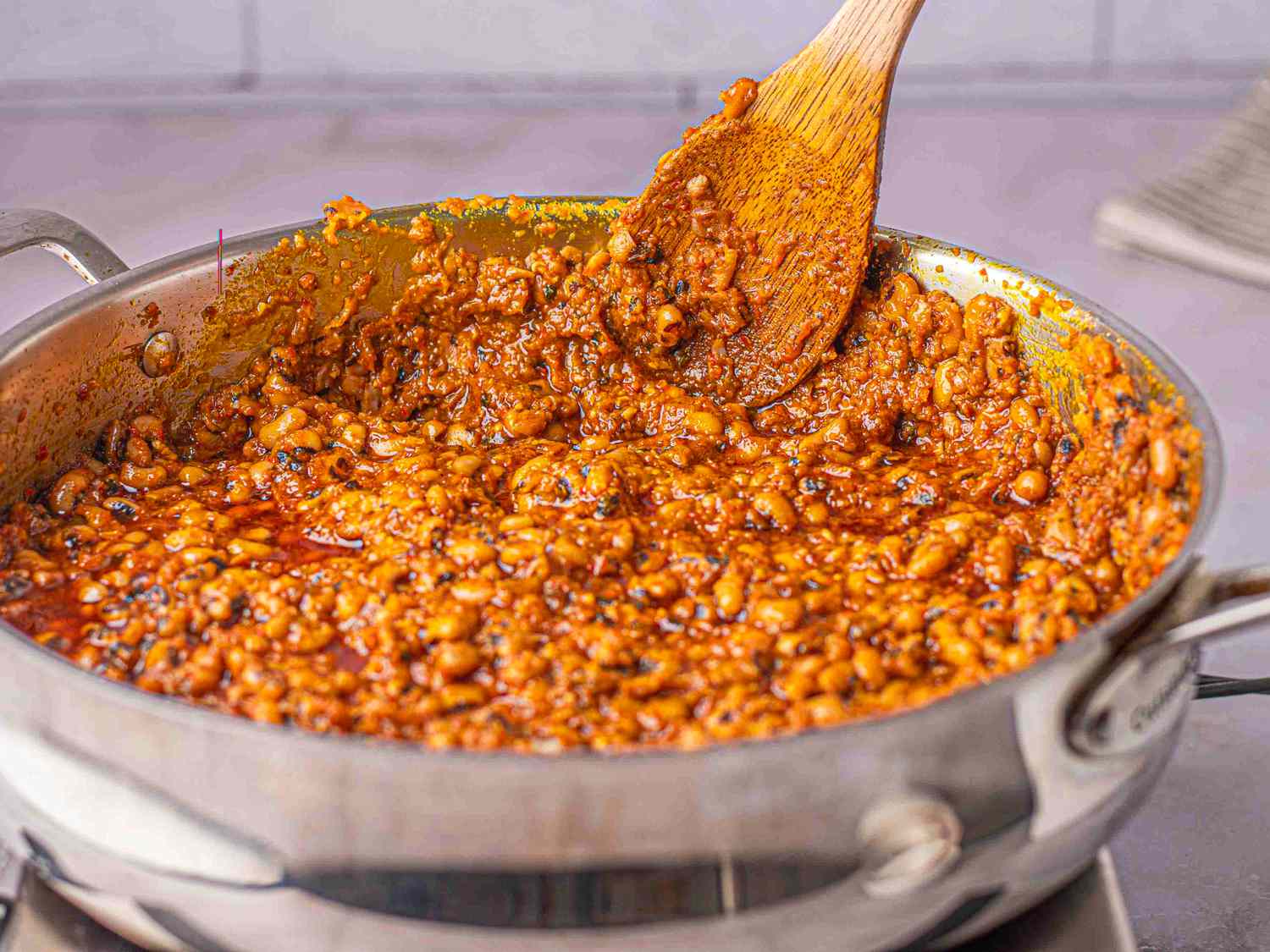The World Health Organisation (WHO) in collaboration with Ferring and MSD for Mothers, has announced that heat-stable carbetocin is as effective as oxytocin in preventing excessive bleeding following vaginal birth.
Researched and developed by Ferring, heat-stable carbetocin remains effective at high temperatures, an answer to the limitation of oxytocin which must be stored and transported at 2 – 8°C.
According to WHO, every year, 14 million women are affected by postpartum haemorrhage and this is the leading cause of maternal death worldwide, causing approximately 70,000 deaths per year. It remains a major cause of maternal death in Nigeria.
The clinical study was conducted by the WHO Department of Reproductive Health and Research including the UNDP, UNFPA UNICEF, World Bank Special Programme of Research and Development and Research Training in Human Reproduction, using Ferring’s heat-stable carbetocin.
The Chief Medical Officer, Ferring Pharmaceuticals, Prof. Klaus Dugi, said, “This is an important step forward in postpartum haemorrhage prevention and these results pave the way for heat- stable carbetocin to potentially save the lives of thousands of women, especially in areas where cold-chain transport and storage is not feasible.
“We will now work with the WHO and MSD for mothers to make heat- stable carbetocin available in countries where it is needed most, protecting women and families around the world.”
Studies in Nigeria and other developing countries have revealed degradation and loss of efficacy in oxytocin ampoules, which could be due to inadequate storage and distribution conditions, hence the need for the heat-stable carbetocin product.
Data showed that heat-stable carbetocin maintains effectiveness for at least three years at 30°C and six months at 40°C and has the potential to save thousands of women’s lives in Nigeria and other low- and lower-middle income countries, where 99% of postpartum haemorrhage related deaths occur and where the refrigeration of medicines can be difficult to achieve and maintain.
The WHO publication concludes that the study should inform care in countries where cold-chain transport and storage of medicines was difficult to achieve and was a barrier to effective postpartum haemorrhage prevention.

